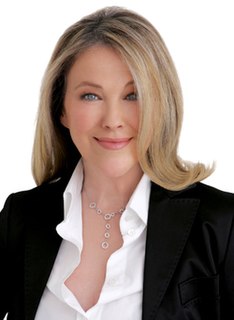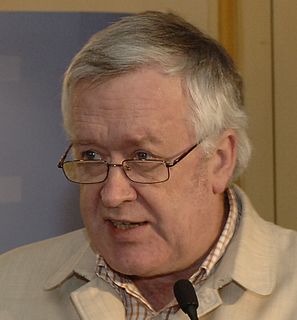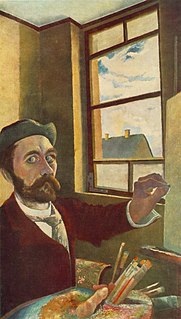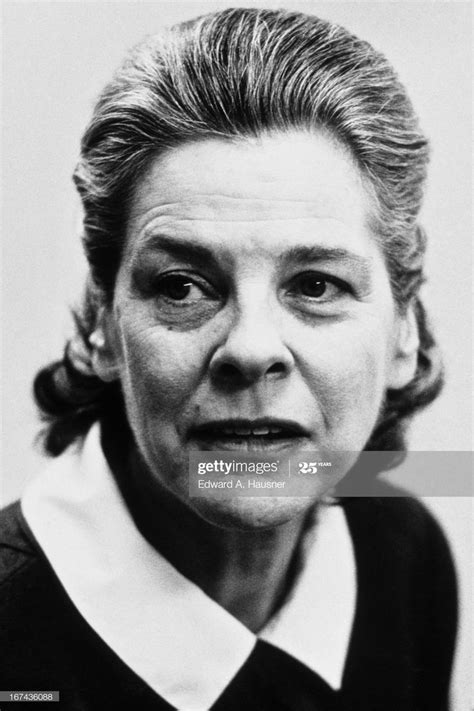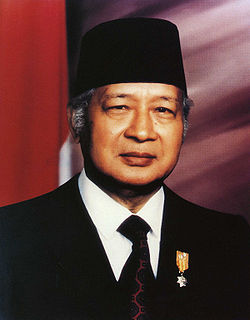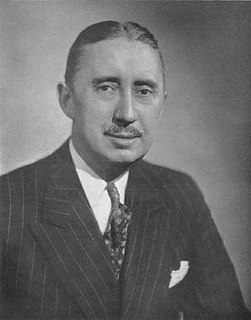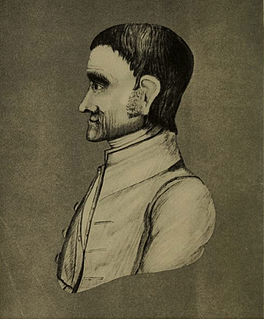A Quote by Andrew Linzey
When I was in my teens I had a series of intensely religious experiences. They deepened my sense of God as the creator of all things. And they also deepened my sensitivity towards creation itself so that concern for God's creatures and animal rights followed from that. Some people think I'm an animal rights person who just happens, almost incidentally, to be religious. In fact, it's because I believe in God that I'm concerned about God's creatures. The religious impulse is primary.
Quote Topics
About
All Things
Almost
Also
Animal
Animal Rights
Because
Believe
Believe In God
Concern
Concerned
Creation
Creator
Creatures
Experiences
Fact
Followed
God
Had
Happens
I Believe
I Believe In
I Believe In God
Impulse
In Fact
Intensely
Itself
Just
People
Person
Primary
Religious
Religious Experience
Rights
Sense
Sensitivity
Series
Some
Some People
Teens
Things
Think
Towards
Related Quotes
Religious freedom is often referred to as America's first freedom. Our country was founded by religious exiles and built on the belief that God has given all people certain inalienable rights. Government's role in society is to protect these rights and ensure that we are safe from religious persecution and discrimination.
I'm pretty much a good Catholic girl at heart and I believe in family. I also have a basic belief that God takes care of me. I believe in prayer, even though I'm not that religious. I just have that foundation from my family. I mean when you think that you're just a human being and one of God's creatures, you can't take anything that seriously.
The reasons are likely rooted in religion. Playing around with God's creation is simply not allowed. Incidentally, in the past it was precisely the deeply religious people who said: Of course we're playing with God's creation, in fact we're perfecting it. This sort of thinking is frowned upon today.
I am not religious, but I am a pious man... A religious man has a definite religion. He says "God is there" or "God is there," "God is there." "Your god is not my god, and that's all." But the pious man, he just looks out with awe, and says, "where is God?" And "well, I don't understand it and I would like to know what this creation really means." That is a pious man, who is really touched by the greatness of nature and of the creation.
However, in brief, I think the connecting of 'God' and 'Being' is one of these things for which there seems to be a natural impulse in human thinking but it can also lead to confusions. Religious believers mostly want to see God as the epitome of what is most really real and in some non-theistic contexts, people talk simply of 'Isness'.
You like the Earth, Man, and you - pawing the ground - think of God, the little nursling will recognize you, and will think of you with love, because God lives even in it also. Give nourishment to the developing little creatures, either to plant or to animal, and it will develop for your sweet amazement. Give food for the wild animal starving, and it will slick to you.
I want atheism to be true and am made uneasy by the fact that some of the most intelligent and well-informed people I know are religious believers. It isn't just that I don't believe in God and, naturally, I hope that I'm right in my belief. It's that I hope there is no God! I don't want there to be a God; I don't want the universe to be like that.
Creation is thus God's presence in creatures. The Greek Orthodox theologian Philip Sherrard has written that "Creation is nothing less than the manifestation of God's hidden Being." This means that we and all other creatures live by a sanctity that is inexpressibly intimate, for to every creature, the gift of life is a portion of the breath and spirit of God. (pg. 308, Christianity and the Survival of Creation)
If no one had ever challenged religious authority, there’d be no democracy, no public schools, women’s rights, improvements to science and medicine, evolution of slavery and no laws against child abuse or spousal abuse. I was afraid to challenge my religious beliefs because that was the basis of creation—mine anyway. I was afraid to question the Bible or anything in it, and when I did, that’s when I became involved with PFLAG and realized that my son was a perfectly normal human being and there was nothing for God to heal because Bobby was perfect just the way he was.
Habit must play a larger place in our religious life. We worship when we feel like it, we pray when we feel like it. We read the Bible when we feel like it. Leaving our religious exercises to the promptings of impulse, we become creatures of impulse rather than soldiers of Christ. An army made up of creatures of impulse would be only a mob. So is a church.
...I might continue to believe that there is no god even if it were proved that there is. A religious friend of mine once remarked that the concept of god is useful, because you can berate god during the bad times. But it is clear to me that I don't need to believe there is a god in order to berate him.
I believe that where the love of God is perfected and the true spirit of government watchfully attended to, a tenderness toward all creatures will be experienced, and a care felt in us that we do not lessen that sweetness of life in the animal creation which the Great Creator intends for them under our government.



